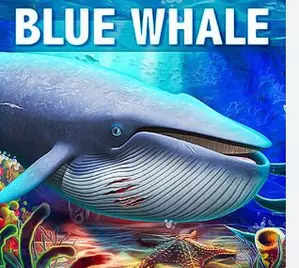The student, a first-year at the University of Massachusetts, was reportedly engaged in the game, which involves completing escalating challenges over a 50-day period, culminating in self-harm and suicide tasks.
Investigation and Official Statements
Gregg Miliote, a spokesperson for the Bristol County District Attorney, confirmed that the case is being investigated as an apparent suicide. Initially misidentified as a murder victim enrolled at Boston University, the student’s death has since been clarified by The Boston Globe. The authorities are awaiting the medical examiner’s final report to conclude the case.
The “Blue Whale Challenge” Phenomenon
The “Blue Whale Challenge,” also known as the “suicide game,” originated in Russia in 2013 and has since spread globally. It involves a series of tasks assigned to players over 50 days, with challenges escalating from innocuous to harmful. Participants are coerced into completing these tasks through threats and manipulation.
Instances in India
India has also witnessed tragic cases linked to the “Blue Whale Challenge.” In 2017, a 14-year-old Mumbai schoolboy and a teenager in Kerala were reported to have died by suicide while allegedly participating in the game. These incidents led the Indian government to issue advisories warning about the dangers of the game.
The Ministry of Electronics and IT in an advisory shared in 2017 called the Blue whale game “an abetment to suicide”.
In a grim first for Indians studying in US colleges and universities, a first-year student took his own life in March while playing, it is understood, a macabre online game of dares called the “Blue Whale Challenge”, which has also been called the “suicide game”.
Legal Actions and Responses
The creator of the “Blue Whale Challenge,” Philipp Budeikin, was arrested in Russia for inciting teenagers to commit suicide and was sentenced to three years in prison. The game has been condemned worldwide for its harmful effects on vulnerable individuals.
The death of the Indian student in the US highlights the dangers of online challenges like the “Blue Whale Challenge” and underscores the need for greater awareness and vigilance among parents, educators, and authorities. It serves as a reminder of the importance of monitoring and protecting vulnerable individuals from harmful online content.
(With inputs from TOI)


